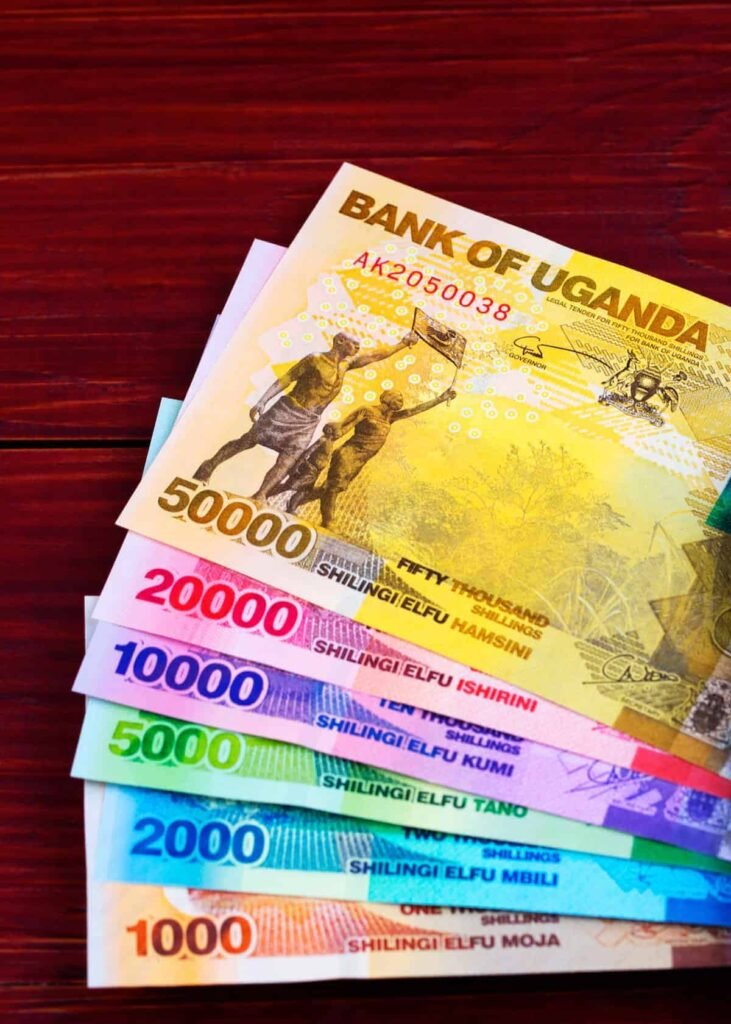In recent years, Uganda has witnessed a significant increase in the number of money lenders operating in the country. These lenders, also known as “money sharks” or “loan sharks,” offer quick and easy access to cash, often at exorbitant interest rates. But are they a blessing or a curse for Ugandans?
The Appeal of Money Lenders
Money lenders have become increasingly popular in Uganda due to their ability to provide quick and easy access to cash. Many Ugandans, especially those in the informal sector, struggle to access credit from traditional financial institutions such as banks. Money lenders fill this gap by offering loans with minimal paperwork and less or no collateral requirements.
The Dark Side of Money Lending
High interest rate
However, the high interest rates charged by money lenders have raised concerns about their impact on Ugandans. Interest rates can range from 10% to 30% per month, depending on the lender and the amount borrowed. This means that borrowers can end up paying back much more than they borrowed, often leading to a cycle of debt.
Land titles or agreements as collateral
Money lenders often use land titles or agreements as collateral just to be sure that they get their money back but it’s not as good as it looks.
Some money lenders use this as an opportunity to steal from naive citizens who agree to sign on land agreements that they have sold the land to the money lender. They’re tricked into believing that the agreement will be torn or destroyed once the loan is paid but it’s never the case.
National IDs and other identity documents
The most commonly used collateral for money lenders is national IDs.
Some money lenders use these for other purposes when they keep them as collateral. Some can use the IDs to come up with copies that are used in crime.
The Consequences of Defaulting
Defaulting on a loan from a money lender can have severe consequences. Borrowers who fail to repay their loans on time may face harassment, intimidation, and even violence from lenders.
In some cases, lenders may also seize assets or property from borrowers who default on their loans.
Regulation and Oversight
The money lending industry in Uganda is largely unregulated, with many lenders operating outside the law.
This lack of regulation has led to widespread abuse and exploitation of borrowers. The Ugandan government has attempted to regulate the industry through the Money Lenders Act, but enforcement remains a challenge.
Alternatives to Money Lenders
While money lenders may provide quick access to cash, they are not the only option for Ugandans in need of credit.
Alternative sources of credit, such as microfinance institutions, savings and credit cooperatives, and mobile money lenders, offer more affordable and sustainable credit options.
Winding it up
The rise of money lenders in Uganda has both positive and negative consequences. While they provide quick access to cash, their high interest rates and lack of regulation can lead to exploitation and abuse of borrowers. It is essential for the Ugandan government to strengthen regulation and oversight of the industry to protect borrowers and promote fair lending practices. Additionally, Ugandans should explore alternative credit options that offer more affordable and sustainable terms.
As a Ugandan seeking for a quick loan, be careful when using important documents like land titles especially if the amount of money is too little compared to the value of the land in question.
Also read; With the USAID ban still in effect, has it been a crisis for dear Africa or perhaps a wake-up call?
Money emergencies can not stop but we should try to be so careful during such critical moments.
Money lenders might be a rising solution but are not a big blessing. Could be a curse in disguise




